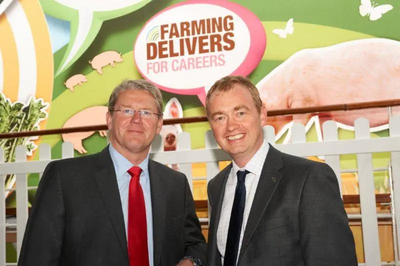Proposed voluntary dairy code must have teeth says MP

Cumbrian MP Tim Farron has called on the government to make sure any proposed voluntary dairy code has 'real teeth'.
The voluntary code of practice on dairy contracts is expected to be launched by Jim Paice, a DEFRA minister, as part of his keynote speech at the Livestock 2012 convention on September 4th.
Tim has called on Jim Paice to say in his speech that if the voluntary code does not work he will give the Supermarket Ombudsman more powers or, if needs be, he will look at legislation to deal with the crisis that is affecting the dairy industry.
Tim last week backed the NFU's 10 point plan which is hoped to secure the long term future of the dairy industry. He has called on the government to back the roadmap too.
Currently farmers lose around 5p on every pint which costs them around 30p to produce.
Tim said: "Every farmer should receive a fair price for their milk - one which at least covers their costs to produce milk. I think the ball is now in the government's court, we need real action for dairy farmers and not more discussion. I'm happy to look at any proposal that works, so if that's a voluntary code that is great but I want the government to commit to back that up with legislation if needed. I'm continuing to support the NFU's campaign in any way I possibly can and I will keep pressing the government for more action to protect dairy farmers."